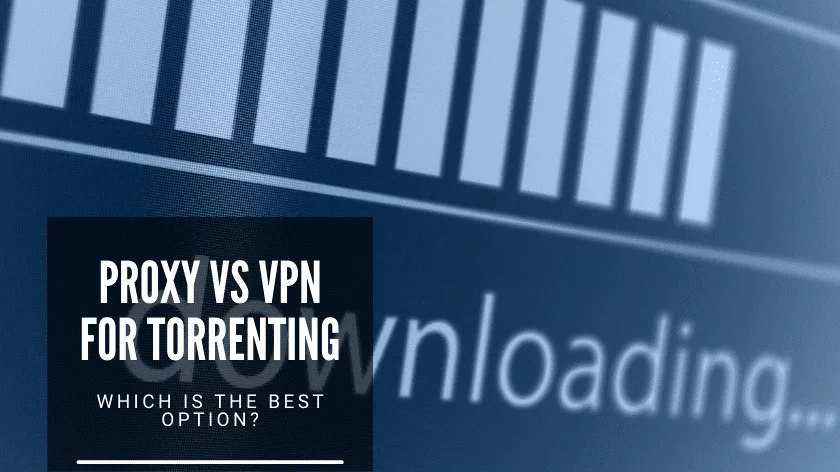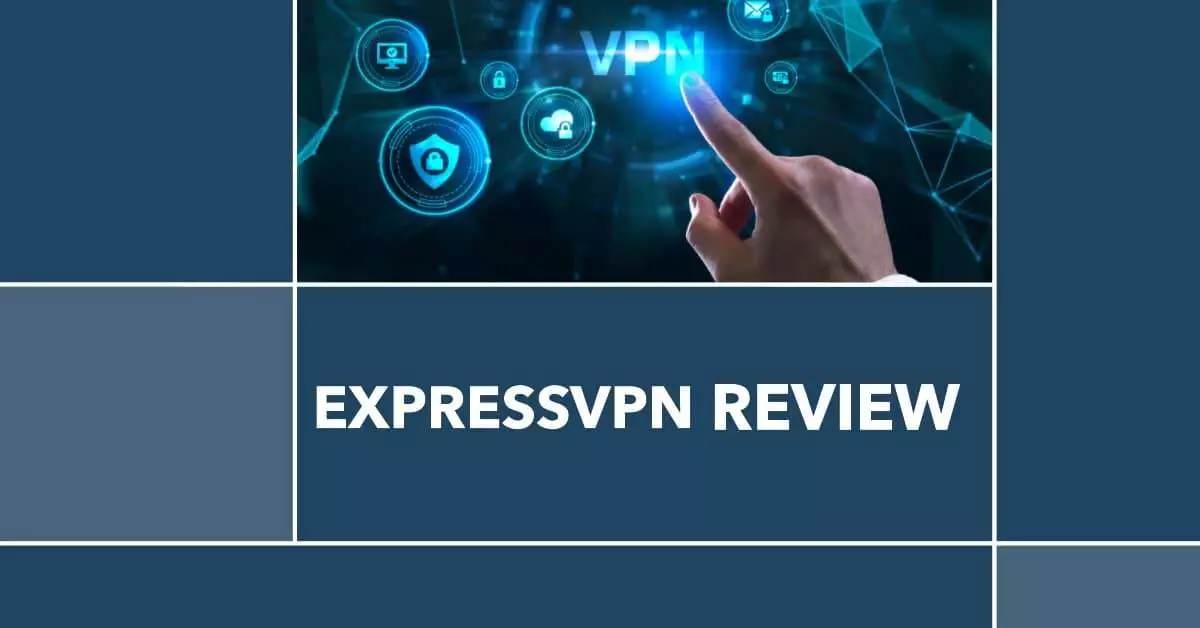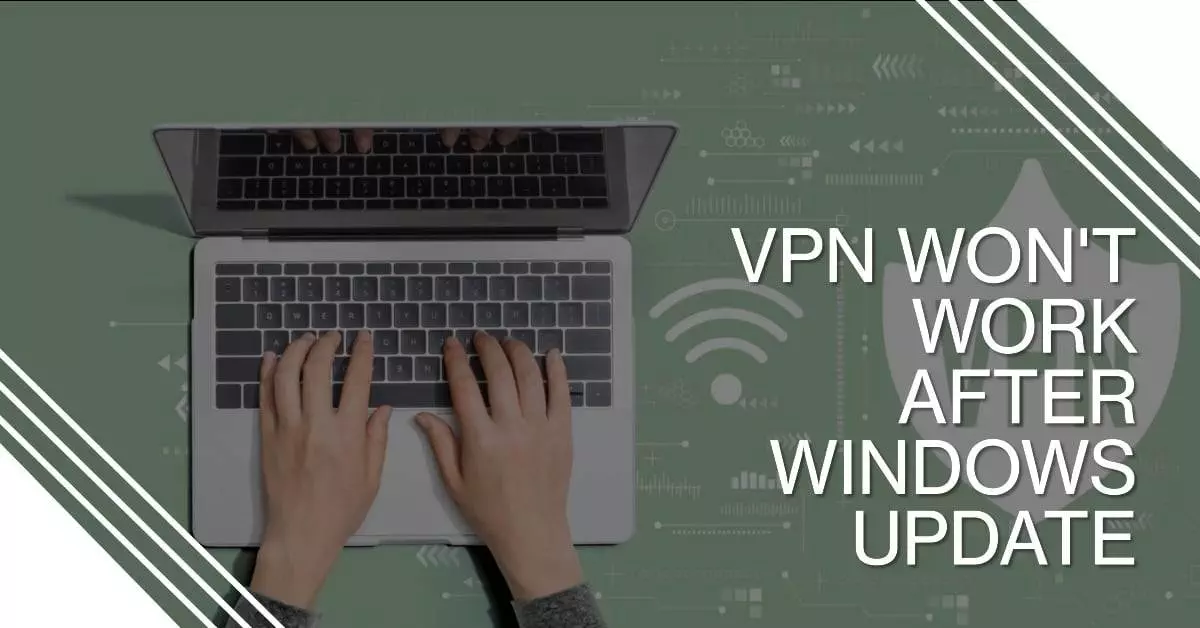Discover everything you need to know about proxy vs VPN for torrenting, so you can make an informed decision on which tool is right for you!
For many years, torrenting has been a great way to share files with others and to download the latest movies, music, and software. But torrenting can also be risky, as it is often associated with piracy and copyright infringement.
Many people use a VPN or proxy server when torrenting to protect their identity and hide their activity from their ISP. But which is the best option?
If you’re looking for the quickest way to torrent anonymously, then a proxy might be all you need. But if you’d like to kick your security up a notch, then a VPN is the way to go.
Here’s a more detailed look at how proxies and VPNs differ and what each one has to offer for your torrenting needs.
What Is a Proxy?
A simple explanation of a proxy server would be a server that acts as an intermediary between you and the internet. When connecting to a proxy, your traffic is routed through that server before it reaches its destination.
There are two main types of proxies: SOCKS5 and HTTP. The former is the better option for torrenting because it provides a faster and more stable connection, which is ideal for P2P torrenting purposes.
Proxy servers also come in different shapes and sizes. You can buy a private proxy, which will give you the fastest speeds and the best security. Or you can use a free public proxy, which is usually slower and less reliable.
Overall, a proxy is a good option if you want to hide your IP address but don’t need the extra security that a VPN provides.
What is a VPN?
A VPN (Virtual Private Network) is similar to a proxy because it routes your traffic through another server in another location. But a VPN provides an extra layer of security by encrypting all of your traffic before it even leaves your device.
No one – not even your ISP – can see what sites you’re visiting or what files you’re downloading because the data is encrypted. And since a VPN also hides your IP address, it’s much more difficult for anyone to track your activity online.
Additionally, some VPNs offer additional features like a kill switch, which will prevent any data from being sent if the VPN connection is suddenly lost; this is an extra layer of protection that proxy servers do not provide.
How do proxies and VPNs provide protection for torrenting?
Especially in an age where ISPs and the government are cracking down on illegal torrenting [1], it’s crucial to take measures to protect your identity and keep your data safe.
Both proxy servers and VPNs can help by hiding your IP address and encrypting your traffic. Compared to using neither tool, it’s undoubtedly a wise decision to use one or the other when torrenting.
Proxy servers are a step up thanks to their ability to encrypt your traffic and hide your IP address. This allows you to torrent anonymously because it’s rare that your ISP will be able to track your activity back to you.
VPNs offer even more protection by encrypting all of your traffic, often using military-grade protection. This makes it incredibly difficult for anyone to track your activity or steal your data.
And as we mentioned before, VPNs also offer features like a kill switch and DNS leak protection, which further increases your security while torrenting.
VPNs are the clear winner if true security and privacy are your top concerns. They encrypt all of your traffic, not just your web browsing, and offer additional features like a kill switch that can prevent data leaks if your connection is suddenly lost.
You usually can’t go wrong with a VPN if you’re serious about protecting your identity and keeping your data safe. Just remember that they’re not all created equal, so you’ll need to do your research before investing in a VPN!
What are the benefits and drawbacks of using a proxy vs a VPN for torrenting?
The advantages of using a proxy are that they allow you to bypass geographic restrictions and access content from different regions. If you want to watch something in the US but unavailable in your region, a proxy will get you the content you need.
Another advantage of using a proxy is that it disguises your IP address so that you cannot be traced back to your location by someone with whom you might be sharing an IP.
Many users find this useful if they plan on streaming copyrighted content or fear their ISP is watching what they do online.
The disadvantages of using a proxy are mainly speed and stability. They can put a strain on computers since they require more bandwidth than VPNs, and there can be some data loss associated with them because they mask your original IP address.
Using a VPN for torrenting provides complete anonymity and privacy protection for both the user and their ISP, making it easier for people to avoid copyright infringement issues.
It also provides increased speed and stability because it encrypts all data before sending it over the internet. This ensures files don’t drop out while being transferred or streaming online videos.
Summary: Proxy vs VPN For Torrenting
The answer to this question is not cut and dry, as many different factors come into play that might sway your decision one way or the other.
That said, a VPN is probably the best option if your primary concern is security and privacy. They encrypt all your traffic and offer additional features like a kill switch that can prevent data leaks if your connection is suddenly lost.
But proxy servers are still a step up from using no protection at all, so if you’re on a tight budget or are just looking for the basics, then they might be the way to go.
Do your research and decide which option suits your needs the best. No matter what you choose, always remember to stay safe while torrenting!




Leave a Reply